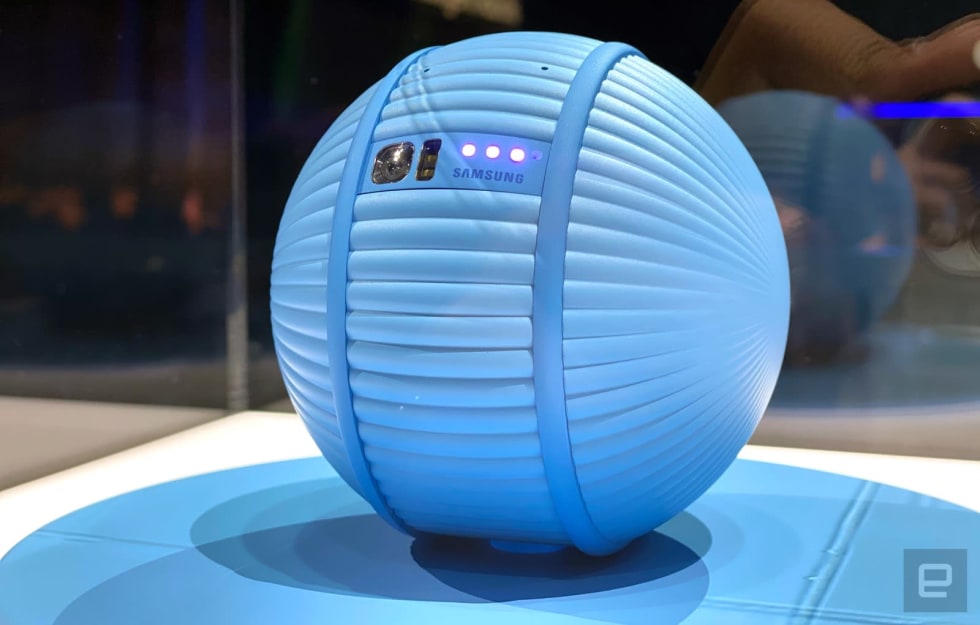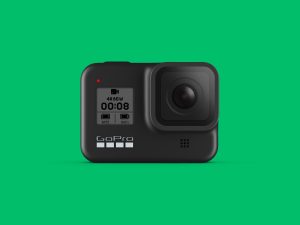Rivals like Amazon are only just starting to be able to compete with Samsung on this level. So far, the e-commerce giant has released just one Alexa-friendly appliance: a microwave that requires you to press a button before delivering a command to, say, reheat your coffee. It’s a start, but by comparison, Samsung is already out there delivering refrigerators with cameras and ovens you can chat with. Things don’t end there, either.
The company’s leadership proclaimed back in 2018 that all of its appliances would be able to recognize and react to voice commands by the year 2020. To reach that lofty goal, Samsung had planned to develop a team of nearly 1,000 AI researchers by 2020. While it’s not clear exactly how much progress the company has made on that front — Samsung has not responded to requests for comment by time of publication — this was a pretty significant shift in strategy that saw Samsung start looking at broad swathes of its products as a whole that could be improved by AI. Even if it takes a little longer for Samsung to ensure all of its home-centric hardware gets properly connected, the potential upsides just might be worth it. And once that big chunk of the ecosystem in place, Bixby’s value could be that much harder to ignore.
As it turns out, Samsung’s bid to control the home might extend well beyond just shiny new appliances. Even though the original Galaxy Home appears to be DOA, a smaller version of that smart speaker has been undergoing not-exactly-discreet testing in Korea, and this version supposedly has built-in IR blasters that allow it to control non-smart appliances like air conditioners and older televisions. If Bixby gains the ability to control not just new appliances but also stuff that’s been in your home for ages, there’s another reason to take a chance on Samsung’s AI assistant.
It certainly doesn’t hurt that the Bixby experience isn’t nearly the mess it used to be. Samsung made a slew of improvements last year, like support for French, Spanish and German in addition its original three languages, and a Bixby Marketplace that provides access to new, third-party “capsules.” For all we know, Bixby may also wind up being the AI assistant that gets baked into smart home gadgets like Ballie, an adorable robot prototype that was surprisingly well-received at CES 2020. (That said, Samsung Think Tank Team Director Leo Jun says Ballie is so new that no one is really sure what kind of voice interface it will use.)
Taken together, it’s starting to seem clear that Samsung’s virtual assistant might not deserve the bad rap it’s gotten all these years. Samsung still has a lot of work ahead, and even after everything, Bixby may still wind up being the also-ran that Amazon and Google outclassed ages ago. I don’t think it’s that cut and dry, though. As long as Samsung insists on building hardware for every situation, it gets to continue cultivating a massive foundation screaming to connect through an interface like Bixby. Samsung gets to set its vision and potentially deliver on it in a way its biggest rivals simply can’t yet, and we just might see the fruits of the company’s long game once 2021 arrives.
All products recommended by Engadget are selected by our editorial team, independent of our parent company. Some of our stories include affiliate links. If you buy something through one of these links, we may earn an affiliate commission.

Comments

71
Shares




